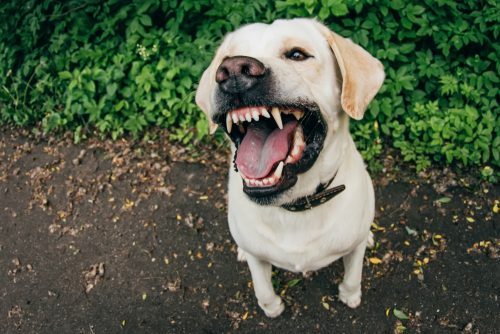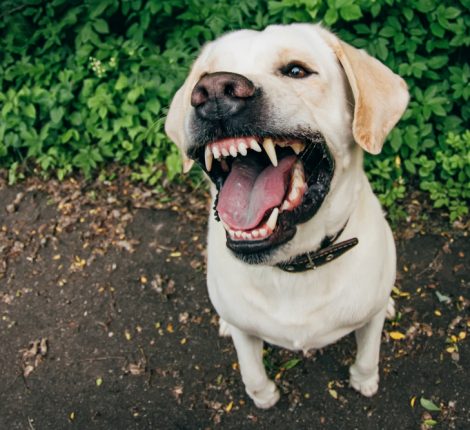Are Property Owners Responsible for Animal Attacks?
One of the stickiest areas of personal injury law is liability in animal attack cases. This is due to the relatively large number of variables involved in cases where a person is injured by an animal. For instance, it can matter whether the victim was bitten on public property or private property and whether the animal was owned by another person or wild. Questions like this understandably came to the fore a couple of years ago, when 2-year-old Lane Graves was killed by an alligator at a Disney Hotel. Was Disney legally responsible for his death? In that case, the parents did not pursue legal action. But, what if something like that happens again? Are property owners liable for an animal attack victim’s injuries?
Animal Attack Law
Essentially, animal attack injuries fall under the umbrella of personal injury cases, so the name of the game is still proving negligence. And, generally, animal attack cases are considered a type of premises liability case. What does this mean? Well, if you are seeking damages for an injury sustained on someone else’s property, you must show four things: that the property owner owed you a reasonable duty of care, that they neglected to do that, that this was responsible directly causing the injury, and the extent of your injuries.
When it comes to wild animals like alligators, bears, or snakes passing through someone’s property, they are likely not liable for any injuries these animals may cause. They are not considered a landowner’s “property” under the legal precedent of ferae naturae, and so they are not responsible for them. However, this might change if it can be demonstrated that the property owner knew beforehand about the presence of dangerous wild animals and neglected to do anything about it. This could establish that they neglected to show visitors a duty of care while on their property.
Domesticated Animal Attacks
Things work differently if the victim’s injuries were caused by a family pet like a dog. Dog bite cases are far and away the most common animal attack cases, with the result that states have their own specific statutes. In Florida, we have a “comparative negligence” rule when it comes to dog bite cases. This means that if the victim was partially responsible for their injuries by provoking the dog, they cannot receive full compensation. For instance, let’s say the court finds a victim to be 30% responsible and the dog owner 70% responsible for the attack, then they each pay their share of the damages sought.
Furthermore, the case might be doomed from the start if the victim was trespassing or otherwise breaking the law while on the property. Another mitigating factor includes whether the dog owner clearly posted a sign saying, “Bad Dog,” in which case they are likely not liable for any injuries caused by the animal. As you can see, animal attack cases can be extremely complex. This brief overview only scratched the surface of the various twists and turns an animal attack case could take.
If you’ve been hurt by an animal on someone else’s property, call The Troutman Law Firm right away. Our team of personal injury experts can help determine if you have a case and plan out what legal direction you should take. And, the initial consultation is always free, so there’s nothing to lose by coming to meet with us. To schedule yours today, please call 407-647-5002.




